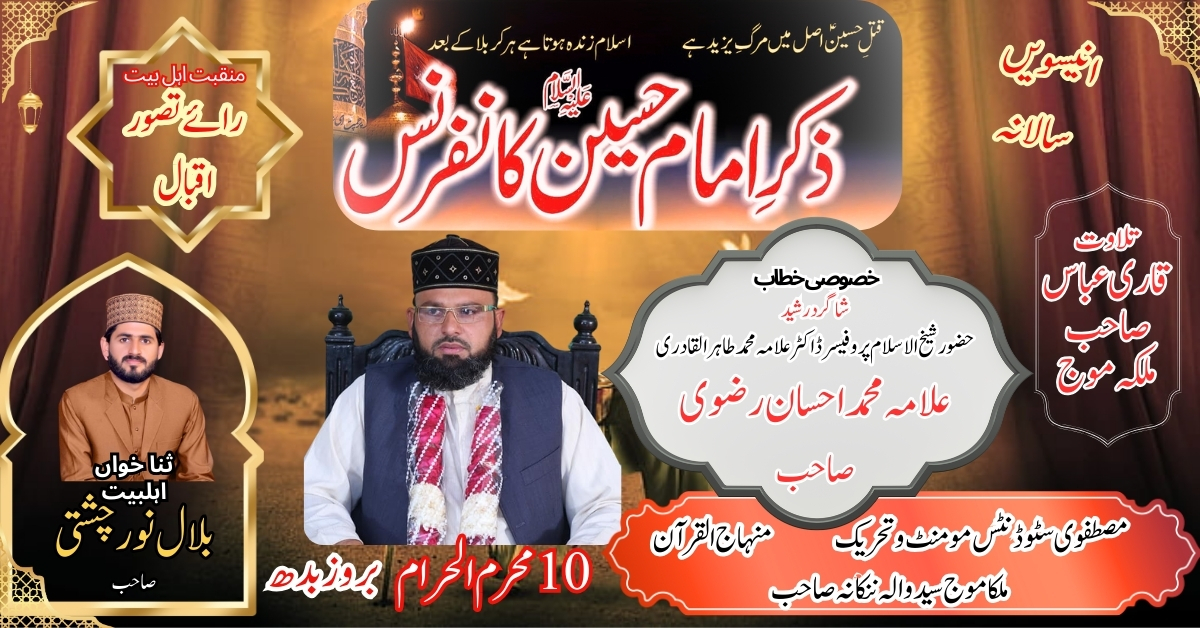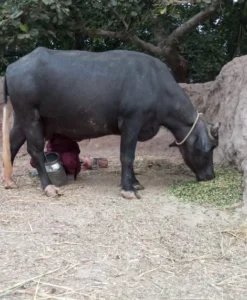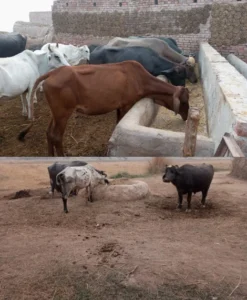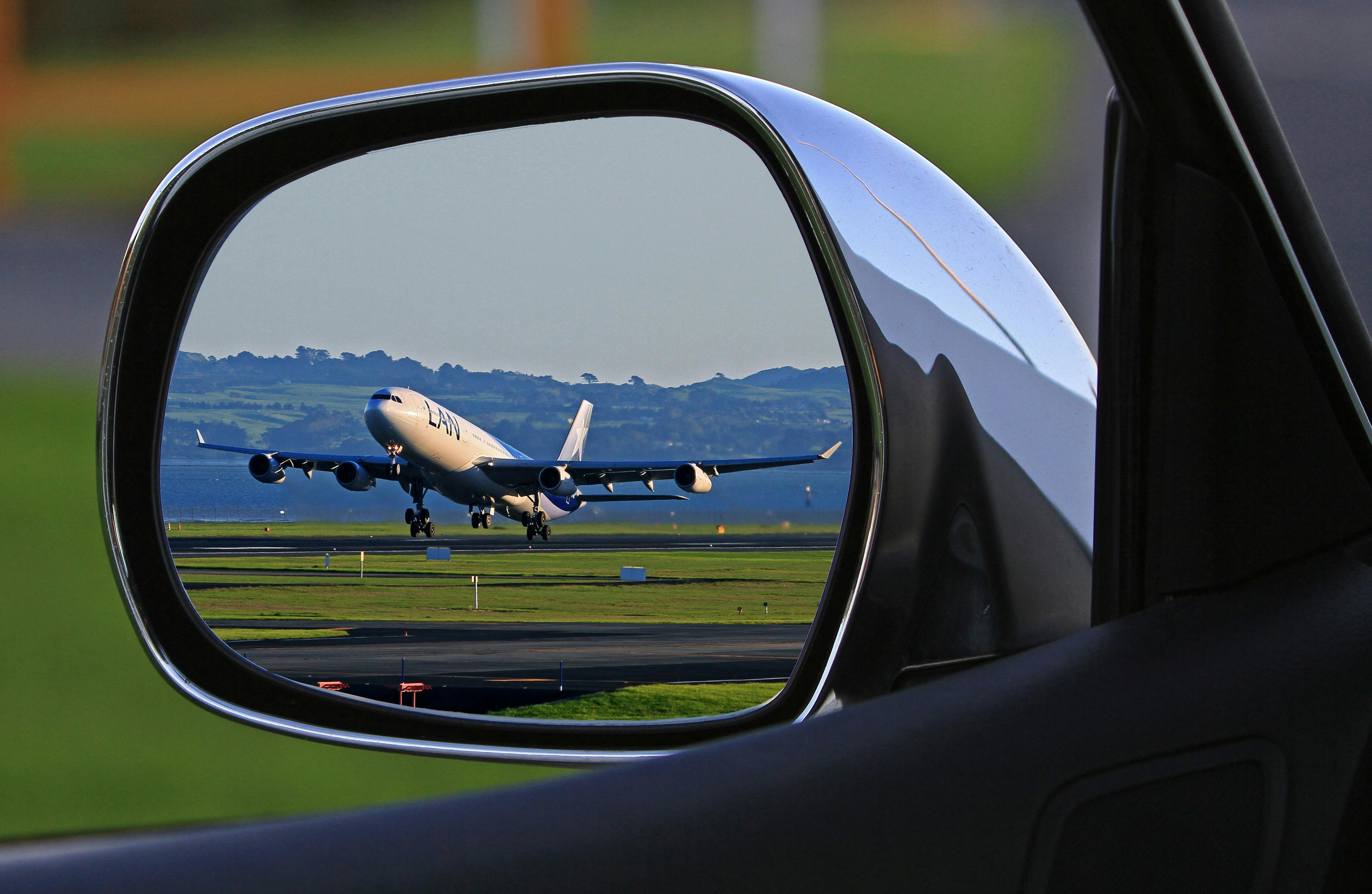Demography
Population
Malka Mauj, with a population of around 1,692 residents, is a village marked by both balance and vitality. The nearly even distribution of males (640) and females (652) underscores the demographic harmony within the community. Notably, a significant portion of the population—462 individuals—are aged 10 and above, while 892 are over 18, reflecting a youthful demographic with great potential. Only 45 residents are above 60 years old, which adds an element of experience and wisdom to the community. The remainder comprises young children under the age of 10, embodying the village’s bright future. These characteristics together create a vibrant, balanced, and promising population, poised for continued growth and shared prosperity
Literacy
73% of the total population is literate, with a significant number of young individuals—both female and male—holding university degrees. When we analyze the literacy rate by gender, it becomes clear that the majority of the literate population consists of males.
The remarkable literacy rate of 73% is a testament to the dedication of communities and educational institutions in promoting learning and knowledge. Such a high level of literacy lays the groundwork for personal growth and advancement, enabling individuals to thrive in various fields. Furthermore, the presence of numerous university graduates underscores a cultural emphasis on education, driving innovation and informed decision-making. This achievement not only enhances individual potential but also strengthens the social fabric, paving the way for a prosperous and engaged society

Religion
100% of total population of village Malka Mauj is Muslim. No non-Muslim is resident of of it. All people belong to SUNNI sect. The entire population of Village Malka Mauj is Muslim, with all residents belonging to the Sunni sect. The villagers hold deep respect for Islamic traditions and observances. They joyously celebrate 12th Rabi-ul-Awwal as Jashan-e-Wiladat to honor the birth of the Prophet Muhammad (SAW), embracing the day with love and reverence. On the 10th of Muharram every year, they solemnly commemorate the profound sacrifice of Hazrat Imam Hussain (A.S), reflecting on his courage and devotion with heartfelt mourning and unity.

Major Professions
Village Malka Mauj has witnessed remarkable growth and modernization, transitioning from a primarily agricultural community until the 1990s to one embracing diverse professions. Education, once sparked by a newly opened government school, led many to join the Pakistan Army and set the stage for broader opportunities. Today, the village thrives with residents serving in government and private sectors locally and internationally, across the USA, Europe, Africa, Asia, and the Middle East. Though once renowned for carpet weaving, this craft has gradually declined, leaving only a few dedicated artisans continuing the tradition.
Livestock
Livestock farming has long fulfilled essential needs for meat and milk in rural communities, and in Malka Mauj, this tradition endures, albeit modestly. Villagers maintain a small number of cattle for both red meat and milk production, integrating it into their household economies. However, as many residents now hold jobs in distant cities, this aspect of village life has begun to wane. Consequently, locals often travel to nearby areas to procure fresh milk and other organic produce, reflecting a shift in lifestyle yet a continued appreciation for these essential foods.

Major Casts
Historically, the caste system in Village Malka Mauj, a legacy of centuries shared with Hindu culture before the 1947 partition, plays a notable role in local identity. The predominant caste here is Kharal (Rai), reflecting the dominant heritage along the Ravi River, with only two households belonging to the Muslim Shaikh caste.
Migratory Trends


Services
The primary source of income for the village of Malka Mauj is the services sector, which encompasses employment both abroad and within government and private institutions. A significant portion of the population works in Gulf countries, contributing to the local economy through remittances. This reliance on overseas employment highlights the community’s adaptability and willingness to seek opportunities beyond their immediate environment. As many residents pursue careers in diverse fields, this demographic characteristic not only supports individual households but also enhances the overall economic stability of Malka Mauj.
